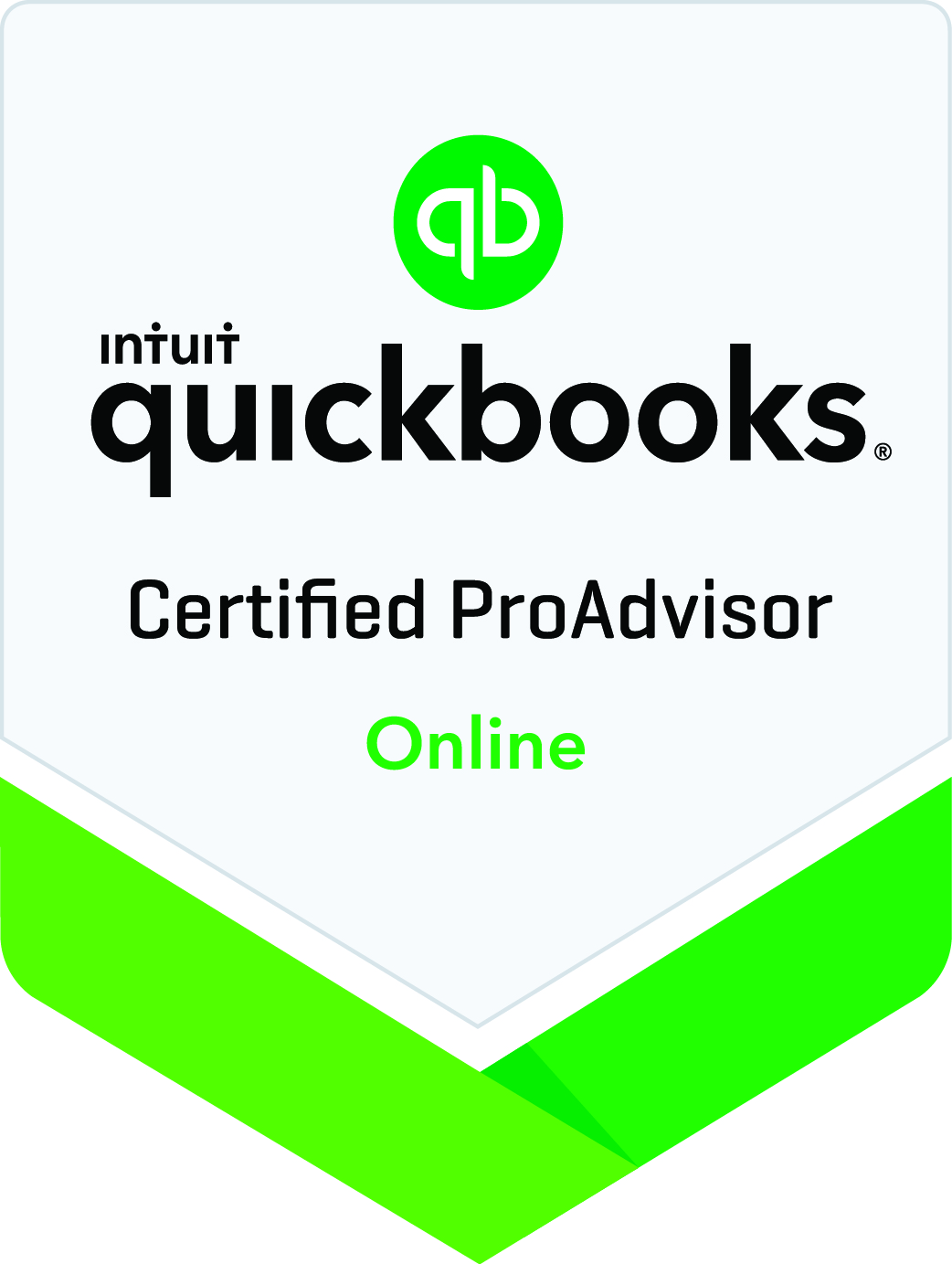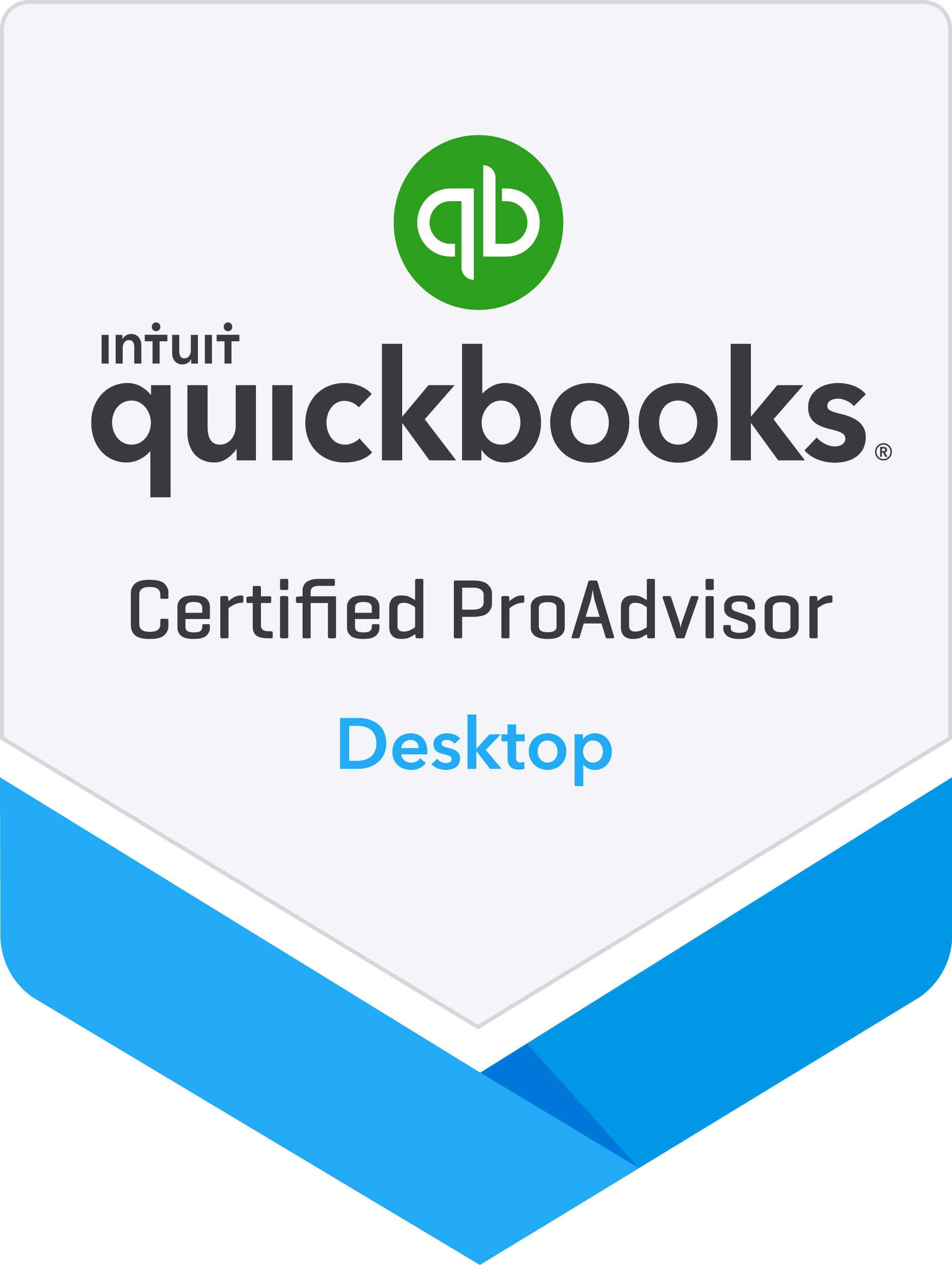2017 Personal Tax Return Changes
With personal tax season just around the corner, we felt it apt to share some tax changes and tips impacting your 2017 personal income tax return and beyond.
What's new?
Additional courses now qualify for the tuition tax credit. Specifically, all occupational skills programs offered by post-secondary institutions.
Nurses are now able to sign-off the disability tax credit application form.
Couples no longer need to be medically diagnosed as infertile in order to claim the cost of reproductive technologies (such as in-vitro fertilization) as a medical expense tax credit. This extends the medical expense credit to same-sex couples and single parents. In addition, such costs can be claimed going back ten years by filing an amended tax return.
What's changed?
The various caregiver credits (family caregiver credit, caregiver credit and infirm dependent credit) have been combined into one - the new Canada caregiver credit. In general, the credit is available to taxpayers supporting a spouse or common-law partner, or a dependent with a physical or mental impairment. To be eligible, the dependent in question does not need to be living with the caregiver. However, a caregiver amount for in-home care of a parent or grandparent who is not infirm is no longer available.
The work-in-progress (WIP) for professionals (doctors, dentists, lawyers, etc.) is now required to be included in taxable income. Previously a fully offsetting reserve was available. Transitionary rules are in place out to 2022.
The rules for calculating the adjusted cost base (ACB) of a permanent life insurance policy have changed. As a result, generally speaking the length of time until a policy will payout tax free (through the capital dividend account), has increased.
What's been eliminated?
The public transit tax credit was eliminated on July 1, 2017. A credit for the first half of 2017 is available however.
The last tax year to claim the children's fitness and arts credits was 2016.
The education and textbook tax credits were eliminated in 2017. The typically larger tuition tax credit remains intact.
The voluntary disclosure program is no longer accepting submissions under the 'no names' basis. In our experience, this program has been particularly relevant to the missed historical reporting of foreign assets with cost in excess of CAD$100,000.
Tax Saving Tips
Contribute to tax preferred savings vehicles such as TFSAs and RRSPs for yourself (and family members when tax rules permit) before investing in taxable (non-registered accounts).
Generally speaking, TFSA contributions work best for persons earning under $50,000, whereas RRSPs tend to be more appropriate for persons earning over $50,000.
In retirement, taxpayer should plan their discretionary income inclusions to avoid OAS claw-back, which kicks in at approximately $75,000 of net income. This may include any of the following:
RRIF withdrawals (above the minimum required)
Dividends from controlled corporations
The timing and extent of capital gains on the sale of investments
Practice pension income splitting with your spouse or common-law partner
Deferring your CPP entitlement
- Andrew Brydon, CPA, CA



